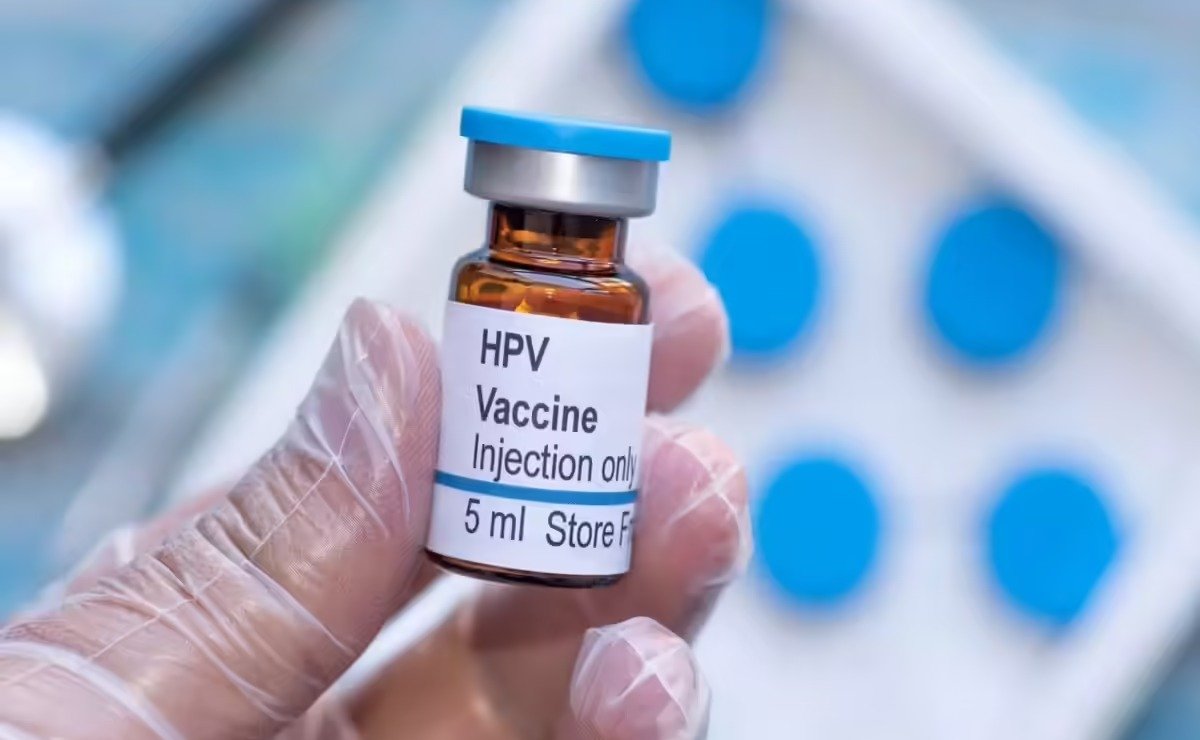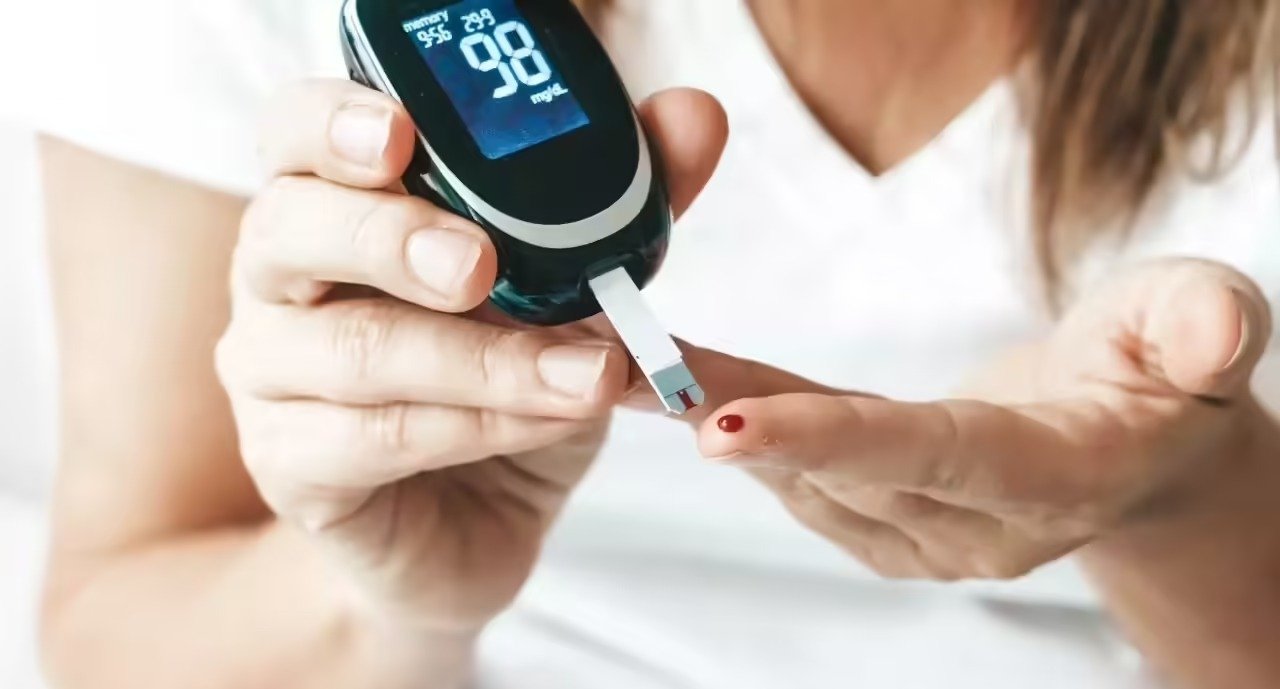Thousands of Indians are diagnosed with oral cancer each year — many of which could be prevented. While tobacco and alcohol remain the most recognized causes, experts are drawing attention to another rising threat: the human papillomavirus (HPV).
Once primarily associated with cervical cancer, HPV is now being linked to cancers of the mouth and throat. In India, research shows that HPV contributes significantly to head and neck cancers, particularly in the oropharynx — the tonsils, tongue base, and back of the throat. Nearly 63% of HPV-related cancers in Indian men occur in this region, making it a major but often overlooked cause of oral malignancy.
How HPV Triggers Oral Cancer:
HPV is a group of over 200 viruses, transmitted mainly through intimate contact. While most infections clear naturally, high-risk strains such as HPV-16 and HPV-18 can cause genetic changes in cells, leading to cancer over time. Tobacco, alcohol, and a weakened immune system can worsen the risk, while certain sexual behaviours increase exposure to oral HPV.
Vaccination as a Key Prevention Tool:
Experts consider vaccination the most effective way to prevent HPV infection and related cancers. Vaccines targeting HPV-16 and HPV-18 have shown more than 95% efficacy in preventing persistent infection and precancerous changes. Evidence now suggests that these vaccines also reduce oral HPV infections, which are precursors to mouth and throat cancers.
The ideal age for vaccination is between 9 and 12 years, before exposure to the virus. Both girls and boys benefit, as vaccinating boys not only curbs transmission but directly protects them from HPV-related oral cancers. In India, the rollout has been gradual, but the introduction of indigenous vaccines is expected to make them more affordable and accessible.
Overcoming Myths and Misconceptions:
Common misconceptions — such as the belief that HPV vaccines are only for cervical cancer or that they encourage early sexual activity — continue to limit uptake. Studies confirm the vaccine’s long-term safety and show no evidence that it influences sexual behaviour.
A Preventable Cancer Crisis:
Public health experts say early vaccination, combined with awareness and screening, could drastically reduce future cases of oral and throat cancers. Prevention, they stress, must take priority over treatment.
For a country where oral cancer ranks among the top three cancers, expanding HPV vaccination is a crucial step. Every vaccine dose given today, experts say, protects not only individuals but also future generations from a preventable and often devastating disease.





